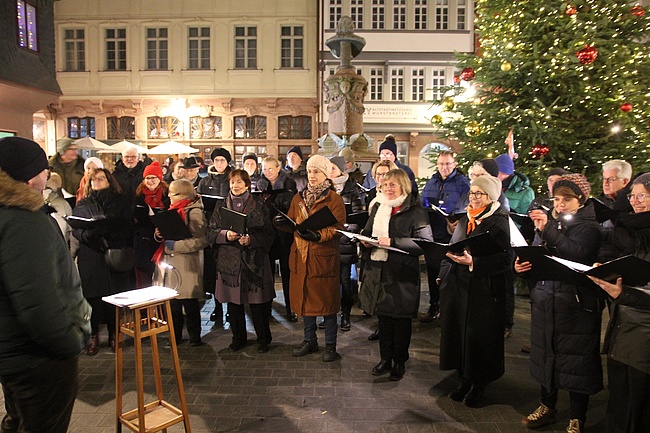Head of Transport Klaus Oesterling: Only adherence to certain rules guarantees acceptance of <link _blank>Bike rental systems
(kus) The city of Frankfurt am Main has been one of the venues for competition among <link _blank>bike rental systems for some time now. Within a few months, the number of providers has increased from two to five, and further inquiries have been received. Correspondingly, the use of public space is increasing, and the number of complaints is on the rise.
"First of all, the increasing competition is to be welcomed," says Transport Commissioner Klaus Oesterling. "Some of the new providers offer cheaper prices. It can also be observed that - in contrast to earlier years - rental bikes are now also offered in the colder season. And they are used surprisingly often." He also said vendors have been offering rental bikes in the surrounding areas, where previously there was virtually no supply. On the other hand, the large increase in the number of rental bikes and the fact that the bikes can be returned without a station, i.e. at any location, has led to intolerable conditions in some places. This includes bikes that are not parked properly, bikes that are parked on sidewalks and in green areas, and rows of bikes that have fallen over. The city now provides the providers of the bicycle rental systems with a guideline in the form of a leaflet, in order to give orientation for the smooth functioning of the rental systems.
The head of transport said that so far there was a good contact with the providers of the rental systems. He also said that the providers had obviously learned from the disastrous performances in other cities, where up to 7000 bikes had been brought into the public space overnight without informing the respective city and the providers had no longer been able to cope with the organisational task. In Frankfurt, they had initially been content with offering a few hundred bicycles. However, a continuous expansion of the offer had been announced, with the goal of increasing to several thousand bicycles per provider. Accordingly, the conflicts are now increasing. Oesterling called on the providers to follow the instructions given in the leaflet. If this did not happen, a legal regulation of this market was inevitable, he said.
The Traffic Commissioner went on to make no secret of his view that, in the interests of an orderly process, the City's preference was clearly for station-based systems. However, he said, the city currently had no legal means of enforcing this












